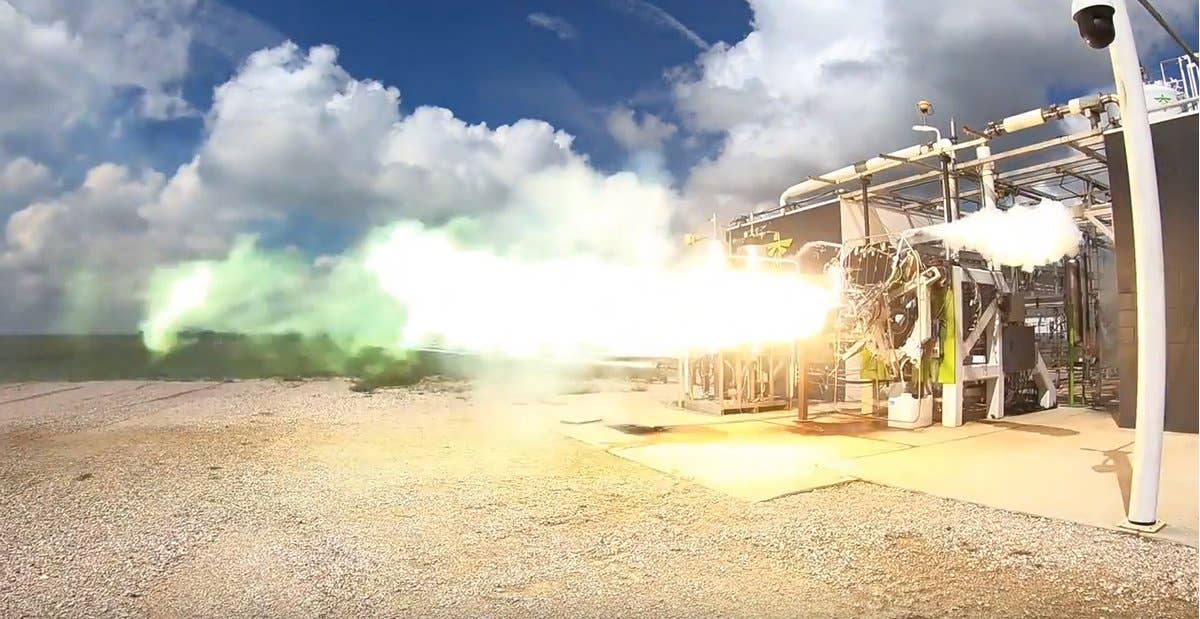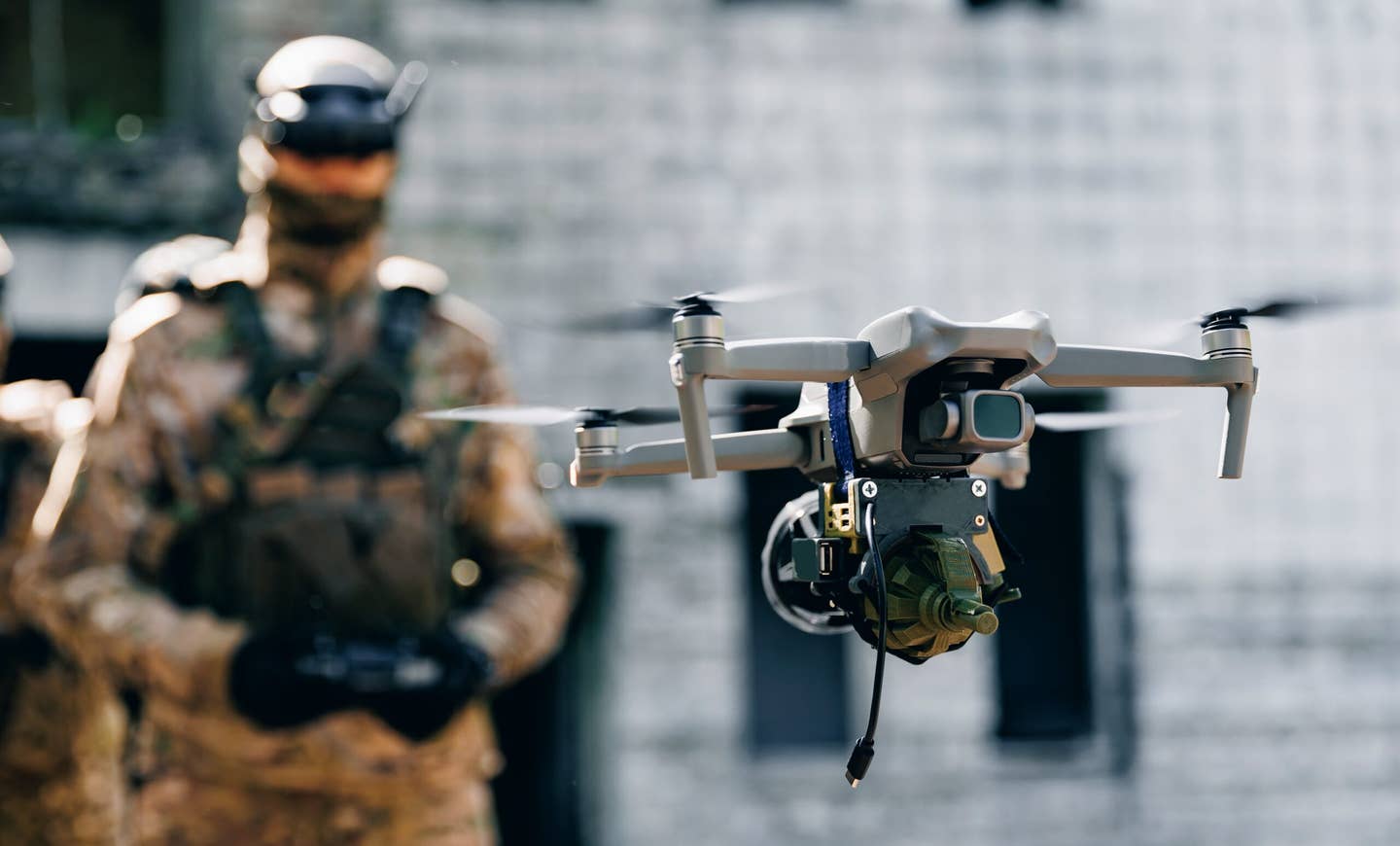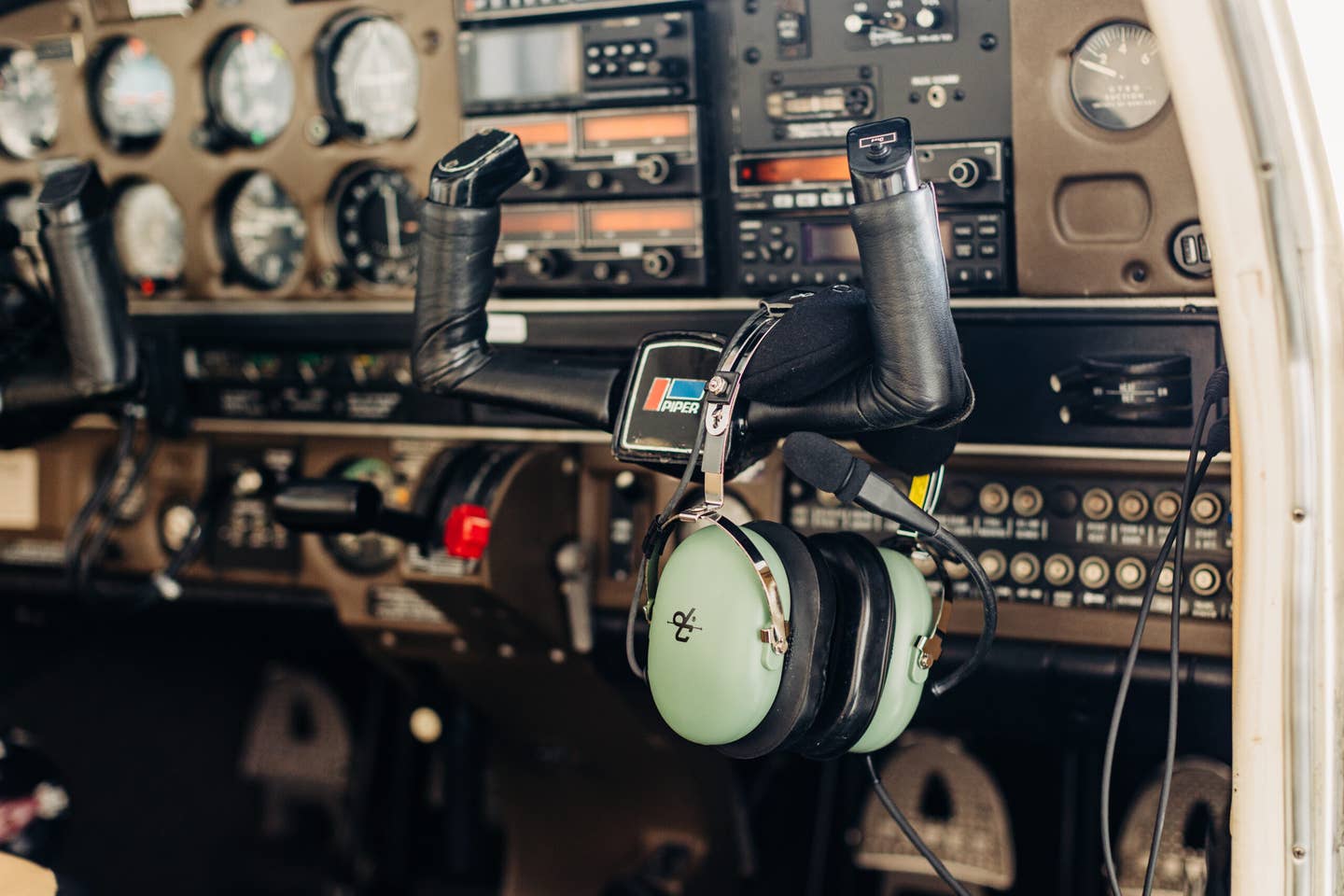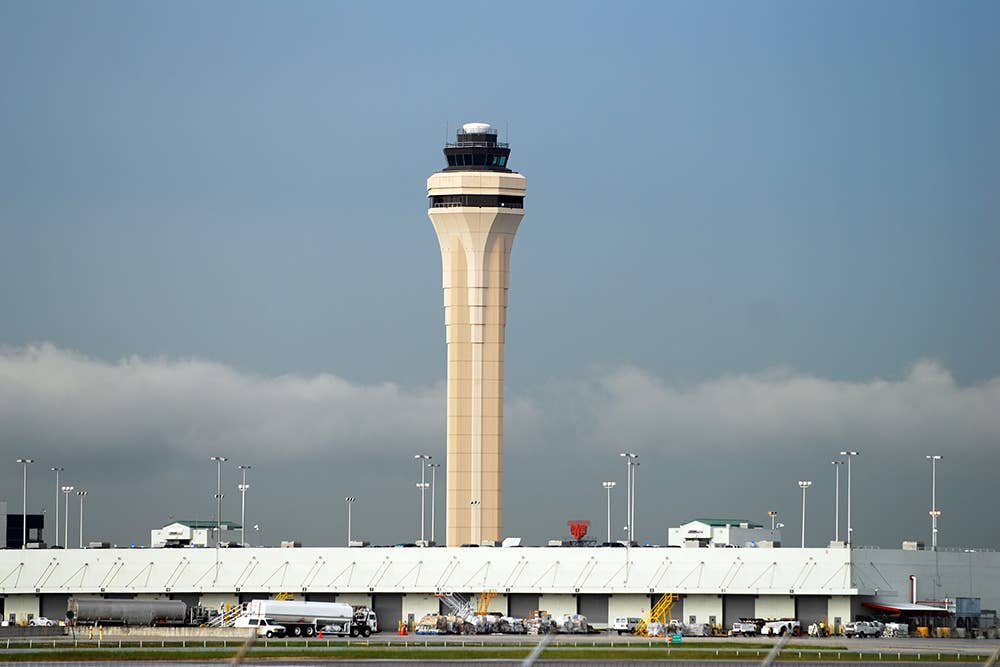
The company is investigating why one of the rocket’s four engines failed. Firefly Aerospace
Firefly Aerospace said this week that an engine failure precipitated the detonation that caused the company’s Alpha rocket to explode late last week during its inaugural launch.
“About 15 seconds into the flight, engine 2 [there are four Reaver engines on the first stage] shut down,” the company said in a statement on Twitter.
“It was an uneventful shutdown—the engine didn’t fail—the propellant main valves on the engine simply closed and thrust terminated from engine 2.”
From there, the vehicle continued to climb, but the missing engine caused the climb to happen more slowly than expected, which made it harder for the rocket to maintain control. Firefly said the rocket was able to adapt at subsonic speeds, but at transonic and supersonic flight, the rocket lost control.
The flight was terminated using the explosive Flight Termination System. The company said the rocket did not explode on its own.
Despite the explosion, Firefly posted that the flight was “very successful.”
“The vehicle released and cleared the pad correctly. The various connections and moving mechanisms connected to the rocket all worked,” the company posted. “The vehicle controlled itself perfectly off the pad, with thrust vectoring eliminating all tipping or rotation, and the vehicle increased in speed at the exact rate that was predicted in modeling.
“We acquired a wealth of flight data that will greatly enhance the likelihood of Alpha achieving orbit during its second flight. In short, we had a very successful first flight.”
The company has launched an investigation to discover why the engine shut down early, and it says Alpha Flight 2 will happen “as soon as possible.”

Sign-up for newsletters & special offers!
Get the latest FLYING stories & special offers delivered directly to your inbox






